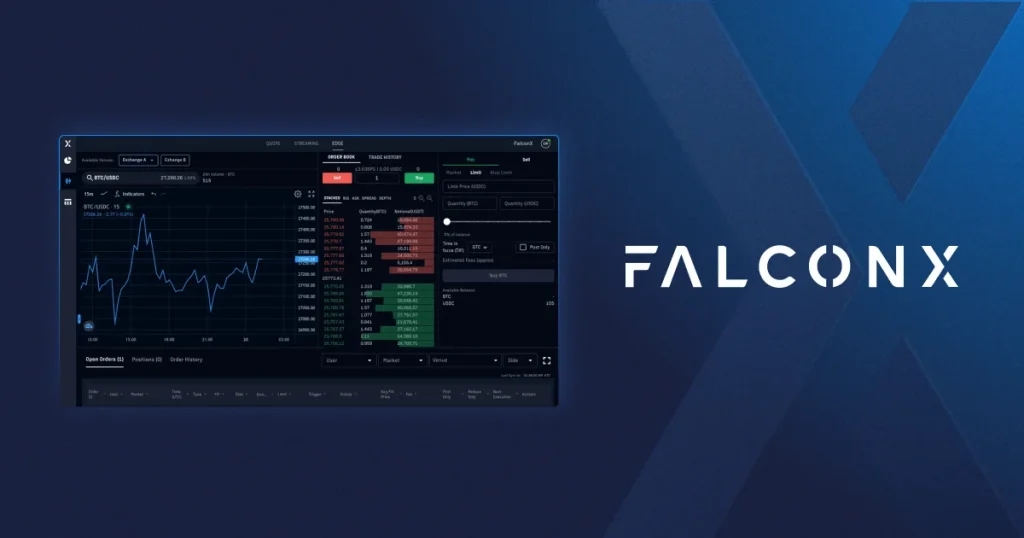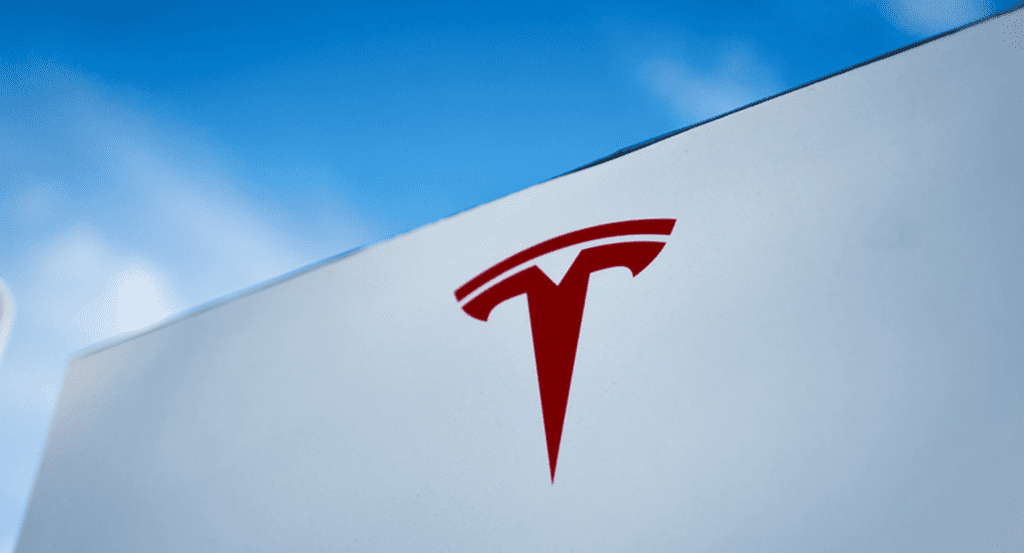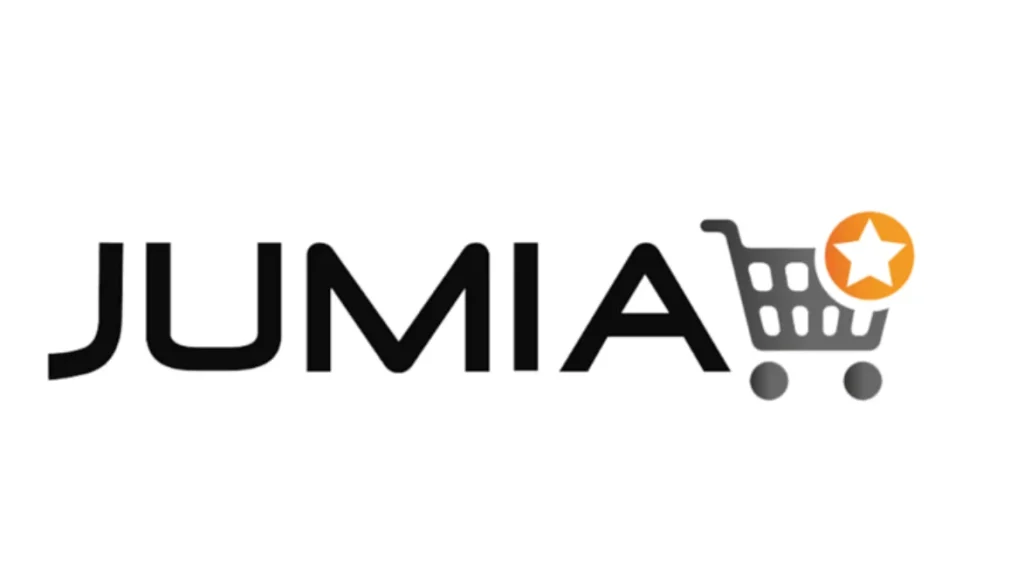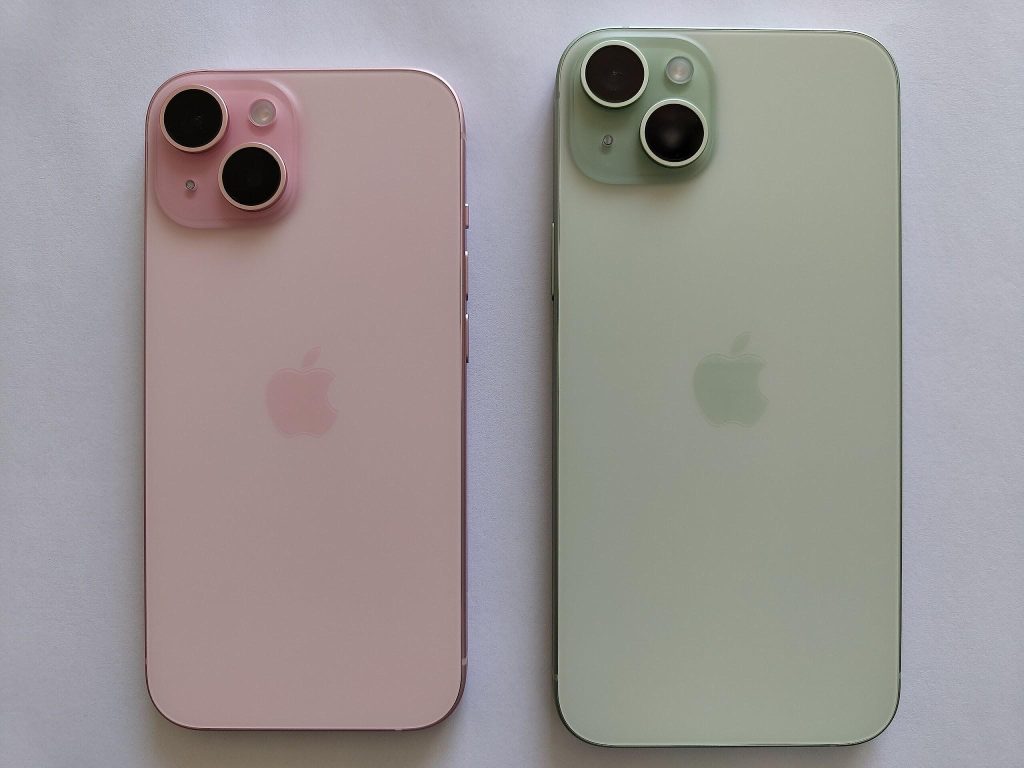Several Chinese e-commerce giants have launched aggressive discounts on Apple’s latest iPhone 16 series in a bid to stimulate sales ahead of the country’s major mid-year shopping extravaganza. These markdowns, which reach up to 2,530 yuan (approximately $351), come at a time when Apple struggles to maintain its footing in China—its second-largest global market—amid stiff competition and a cooling economy.
As economic pressures weigh on Chinese consumers, e-commerce platforms are fiercely competing for attention during the run-up to the highly anticipated “618” shopping festival, scheduled for June 18. This annual event stands among China’s biggest retail holidays, often rivaling the scale of Singles’ Day in November.
JD.com and Tmall Lead the Charge with Steep Discounts
Retail giant JD.com has taken the lead in discounting Apple’s iPhone 16 Pro, selling the 128GB variant at just 5,469 yuan. This marks a staggering 2,530 yuan reduction from the official price of 7,999 yuan, based on checks conducted by Reuters on Wednesday. Notably, JD.com has also lowered the price of the iPhone 16 with 256GB of storage to 5,469 yuan, which includes a 1,530 yuan discount that factors in government-provided digital product subsidies.
Similarly, Alibaba’s Tmall marketplace has joined the price-cutting trend. It currently offers the iPhone 16 Pro 128GB version at 5,499 yuan—a markdown of 2,500 yuan from Apple’s official listing. These prices reflect coupon-based promotions and incorporate financial incentives extended by local authorities.
Unclear if Apple Directly Involved in Price Reductions
Despite the widespread availability of these steep discounts, it remains uncertain whether Apple itself has authorized or initiated the price drops. Historically, the company has participated in discount campaigns, especially during major retail events like “618.” According to Will Wong, a senior smartphone analyst at IDC, Apple appears to be following a familiar pattern.
“Apple is repeating its sales promotion strategy for the shopping event last year,” Wong explained. “It’s cutting prices on the iPhone 16 Pro so that it can enjoy China’s state subsidies on digital products.”
This approach aligns with Apple’s selective discounting strategy in China, which often involves either direct promotional efforts or allowing its authorized resellers and online platforms to independently implement price reductions.
Apple Has a History of Strategic Price Cuts in China
Apple has occasionally offered rare direct discounts in the Chinese market. For instance, in January, the company reduced prices by up to 500 yuan on its own website—a move considered unusual for the tech giant. In previous years, various Chinese online platforms, including JD.com and Tmall, have similarly rolled out promotional pricing on Apple devices during national shopping holidays.
These periodic discounts serve as part of Apple’s larger China strategy, which relies on blending premium branding with tactical affordability. However, Apple, JD.com, and Alibaba have yet to issue formal statements regarding the current price cuts or clarify whether the discounts stem from official agreements or independent retailer decisions.
Apple Faces Rising Competition from Xiaomi and Huawei
The iPhone maker’s promotional moves arrive amid declining sales figures and mounting pressure from domestic smartphone brands. According to data provided by IDC, Apple’s smartphone shipments in China dropped by 9% during the first quarter of the year. In contrast, key Chinese competitors posted robust growth—Xiaomi’s sales surged by 40%, while Huawei recorded a solid 10% gain.
This shift signals a growing challenge for Apple, which faces not only technological competition but also nationalistic consumer sentiment and geopolitical friction that increasingly shape buyer preferences in China.
Government Subsidies Fuel Consumer Spending on Smartphones
Smartphones remain a central component of China’s broader economic stimulus strategy aimed at boosting consumer spending. Local governments, particularly in large cities such as Beijing, have introduced targeted subsidies to encourage purchases of digital products. For instance, consumers can now receive up to 500 yuan in subsidies for smartphone purchases priced under 6,000 yuan.
These incentives allow both domestic and foreign smartphone manufacturers to lower end prices and attract value-seeking customers. Apple’s participation in such government-backed programs underscores the company’s adaptation to evolving market dynamics in China.
Looking Ahead: Can Apple Regain Momentum?
Although the steep discounts on iPhone 16 models may offer a short-term sales boost, analysts remain divided on whether these promotional efforts can reverse Apple’s slowing momentum in China. While events like “618” provide a significant opportunity to capture market share, the competitive landscape continues to shift in favor of nimble, innovation-focused Chinese brands.
Apple’s success in the coming quarters will likely depend on its ability to strike a balance between preserving its premium image and responding to price-sensitive demand. As China’s economic slowdown persists and smartphone users grow more discerning, Apple may need to deepen its localization strategy while continuing to leverage events like “618” to remain relevant in the region.











